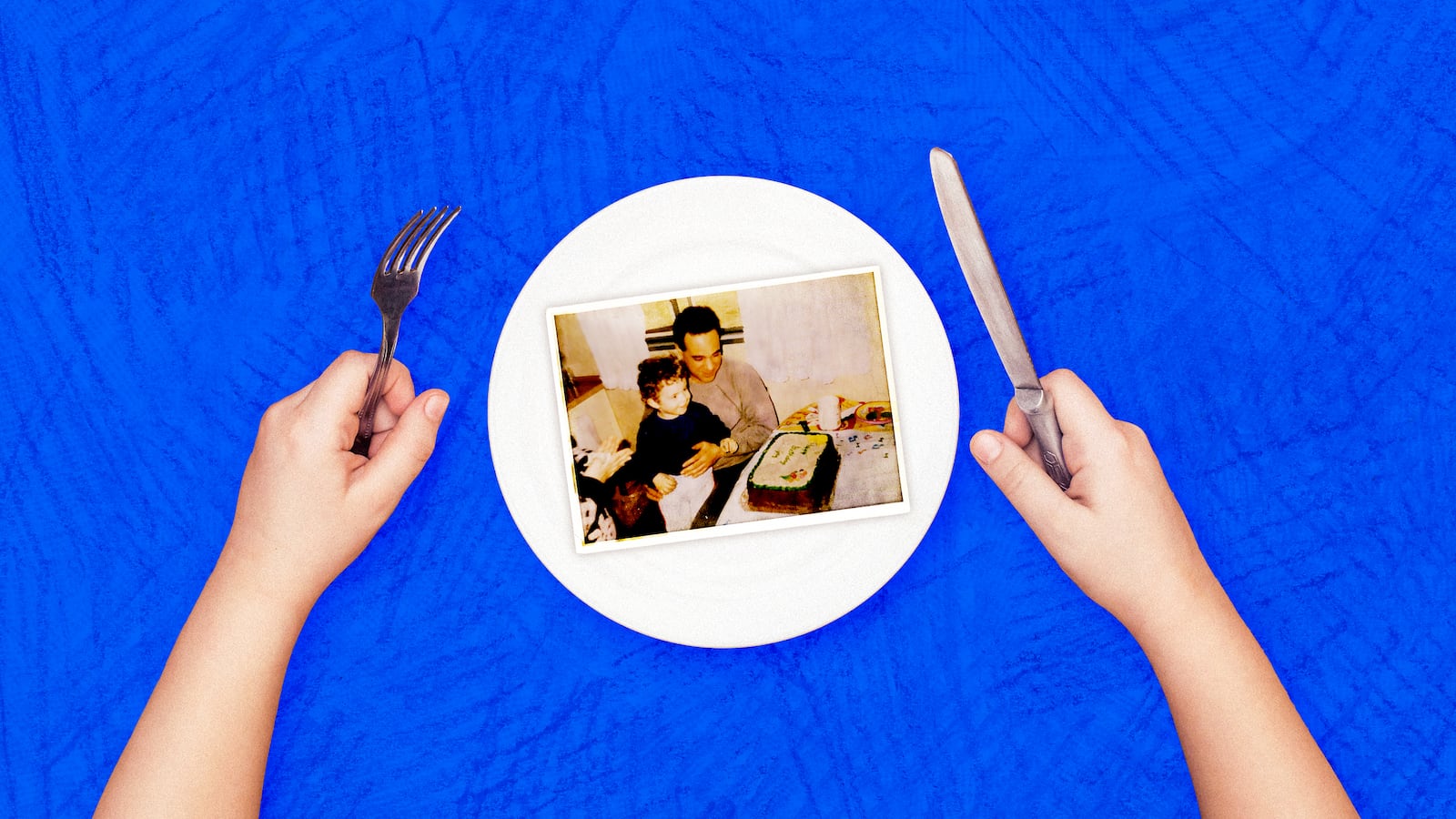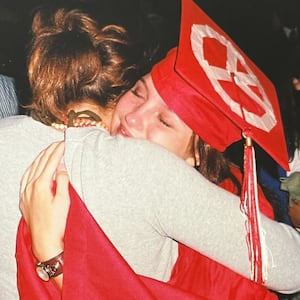Joe Dalia is a privacy attorney, a former startup co-founder, and proud girl dad running for State Assembly in Nevada (District 29)
Last spring, Minnesota Governor Tim Walz made one of the defining decisions of his administration. He rightly decided to make sure kids were fed instead of appeasing political opponents fretting that someone, somewhere might be getting away with something. He signed a bill making Minnesota, at the time, one of just three states to guarantee school meals to all kids–regardless of household income.
It was a common-sense reform that recognized the importance of making sure kids don’t go hungry while trying to learn. It should’ve been a no-brainer for other states to follow suit, yet a few months later, in my home state of Nevada, a nearly identical bill was met with a surprise veto from our Republican Governor, Joe Lombardo.
That result troubled me then, and it troubles me now. Twenty years later, I still remember vividly what it was like to be one of those hungry kids, and how much it would’ve meant to have that policy in place growing up.
I was raised in a working-class family in suburban Henderson just outside Las Vegas. My mom was an x-ray tech and my dad was a poker dealer. Neither job paid a living wage, but together (at least in the eyes of the federal government) they made enough on paper to provide for my brother and me. What the government paid no mind to in making that cold calculation was that my parents were mired in long-term debt that rendered us functionally flat broke.
In the early 1990s, my mom and dad started their own small business together, a family restaurant, hoping to build something for our family. But like so many small businesses, it didn’t pan out. The consequences would be severe. They were forced to pursue bankruptcy, depleting their assets, destroying their credit, and locking them into a financial rut that would span two decades.

Joe Dalia’s parents, Joe Sr. and Deborah, at their family restaurant in the early 1990s.
Courtesy of Joe DaliaThroughout my childhood, my dad would work odd jobs on the side to keep up with the bills, but it was never enough. He and my mom were drawn into predatory payday loans and followed that rabbit-hole to depths that made it impossible to ever catch up. And our jewelry (what little we did have) was almost never in our physical custody. It was always sitting behind the glass at whatever pawn shop offered the highest payout.
As hard as my parents worked to conceal that from us—my mom never let a birthday pass without pouring her heart into an intricately-decorated homemade cake—the day-to-day expenses of raising two kids were too much to contend with. Packing a lunch box or sending me off with lunch money just wasn’t on the cards for most of my youth.

Joe Dalia and his father on Joe’s 2nd birthday in 1993.
Courtesy of Joe DaliaAnd because of the cruel nature of means-testing access to school lunches, I wasn’t eligible for any help. So every day, I would stare longingly across the lunchroom at $3.50 pizza slices and Lunchables, which looked to me like a Viking feast. When pressed on this by friends or teachers, I became fluent in excuses and refrains like “I’m just not that hungry” and “I ate a big breakfast.” I was far from alone. I’d recognize the excuses in my peers, like we were speaking our own language. The skinny kids that twiddled their thumbs at the lunch hour, yet blamed their builds on growth spurts or a fast metabolism were unmistakable to me.

Joe Dalia’s 5th grade yearbook photo from 2001.
Courtesy of Joe DaliaWhile I’m proud of the achievements I’ve made in my life, I know that my performance and my mental health suffered from that experience. I was fundamentally not the same student when I was hungry, and there was shame, embarrassment, and resentment from being unable to eat with my friends. So much of that suffering could’ve been avoided if I’d had access to universal school meals.

Joe Dalia and his father, Joe Sr., at a high school award ceremony in 2006.
Courtesy of Joe DaliaThe implementation of universal school meals in other areas has already shown incredibly promising results, including improved attendance and test scores. There is also the reduced stigma from providing all kids with the same meal, a benefit that Governor Lombardo curiously recognized in the course of executing his veto of Nevada’s universal school meals bill.
Simply put, when students don’t have to worry about where their next meal is coming from, they can focus on what truly matters— their education.
In states like Nevada, where childhood food insecurity remains a significant issue, universal school breakfast and lunch programs could change lives. Next year, Nevada will again consider the universal school meals bill, as was recently announced by Democratic legislators. I’m proud to say that I plan to be among the legislators supporting that bill in 2025.
Today, I’m a dad to three incredible girls, and the notion that they or any of their classmates could be sitting in a lunchroom, like I did, pretending not to be hungry is not something I’m willing to accept. Yet because of the experiences I’ve had, I know those kids are out there. I also know there are families just like mine all across America that are scrapping and clawing, trying to make ends meet through mortgage payments, medical debt, and bankruptcies.

Joe Dalia and his wife, Marina, with their three daughters at a park in Henderson, NV.
Courtesy of Joe DaliaWe owe it to those families and to their kids to give them the most basic of safety nets: ensuring their kids won’t go hungry. We can’t control a child’s food security in all contexts, but we can and must provide that safety net in our public schools. In Nevada, and nationwide, getting universal school meals bills passed and signed into law, is essential. As a dad, a community leader, and a former hungry kid, it really doesn’t get simpler than this: stop being weird and just feed the kids.






